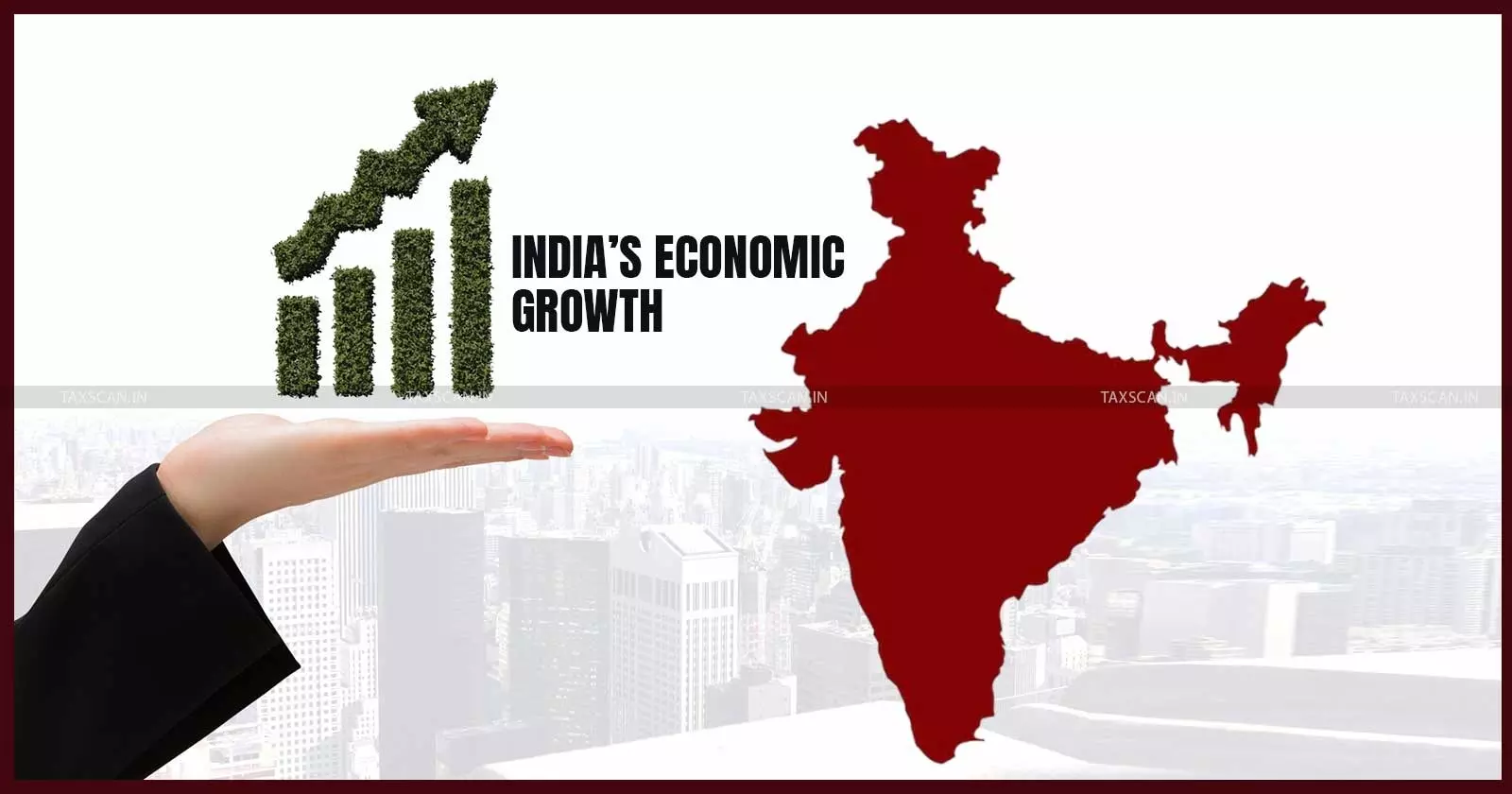Multi-Pronged Measures Implemented to Sustain India’s Economic Growth Amid Global Challenges: MoS for Finance
India announces Multi-Pronged Measures to Sustain Economic Growth Amid Global Challenges

The Government of India has unveiled a comprehensive set of measures aimed at sustaining economic growth and strengthening the country’s resilience in the face of global challenges and uncertainties. In a written response in the Lok Sabha, Minister of State for Finance Pankaj Chaudhary outlined the multi-dimensional approach adopted by the government to safeguard India’s economic momentum despite ongoing international headwinds.
According to the Minister, India’s economic resilience is built on strong macroeconomic fundamentals, including steady growth, price stability, robust fiscal consolidation, healthy external sector performance, large foreign exchange reserves, a strong and well-capitalised banking system, and advanced physical and digital infrastructure. These elements, coupled with a well-regulated financial system, credible inflation-targeting regime, and a flexible exchange rate, have helped India withstand recent global disruptions such as trade tensions, volatile capital flows, and geopolitical risks.
Want a deeper insight into the Income Tax Bill, 2025? Click here
To further bolster economic growth, the government has implemented a range of measures. Notably, a new Foreign Trade Policy (2023) has been introduced to better integrate India into the global market, enhance trade competitiveness, and position the country as a reliable and trusted partner. The government is also actively engaging in bilateral negotiations for new trade agreements and has liberalised the Foreign Direct Investment (FDI) policy to attract more foreign capital.
Domestically, the government continues to simplify compliance requirements, promote digital governance, and decriminalize various legal provisions to foster a more conducive environment for both domestic and foreign investment. Emphasis is also being placed on strengthening local manufacturing, which provides substantial linkages with other sectors, thereby boosting the overall economy. Targeted credit guarantee schemes, emergency liquidity lines, and increased public expenditure—particularly in capital projects and welfare measures—are being deployed to enhance resilience and protect vulnerable groups.
How to Audit Public Charitable Trusts under the Income Tax Act Click Here
On the fiscal front, the government has reaffirmed its commitment to maintaining fiscal discipline, with the fiscal deficit for 2025-26 estimated at 4.4% of GDP as per the Union Budget, and no revision is currently planned.
Significant financial support is also being directed to the states to enhance their resilience. This includes centrally sponsored schemes, sectoral grants, and special assistance for capital expenditure. In the Union Budget 2025-26, an outlay of ₹1.5 lakh crore has been earmarked for interest-free loans to states for capital projects and reform incentives. Additional initiatives target the power sector, offering incentives for electricity distribution reforms and capacity upgrades, with states eligible for further borrowing contingent on implementing these reforms. The government also announced a new ‘Rural Prosperity and Resilience’ programme to address under-employment in agriculture, reflecting a holistic approach to growth and stability.
Support our journalism by subscribing to Taxscanpremium. Follow us on Telegram for quick updates


